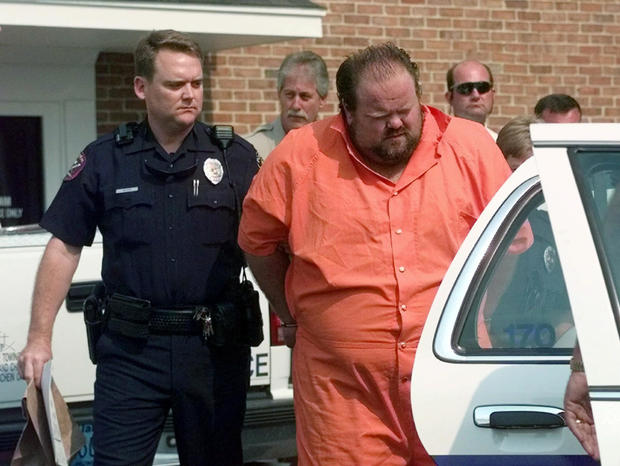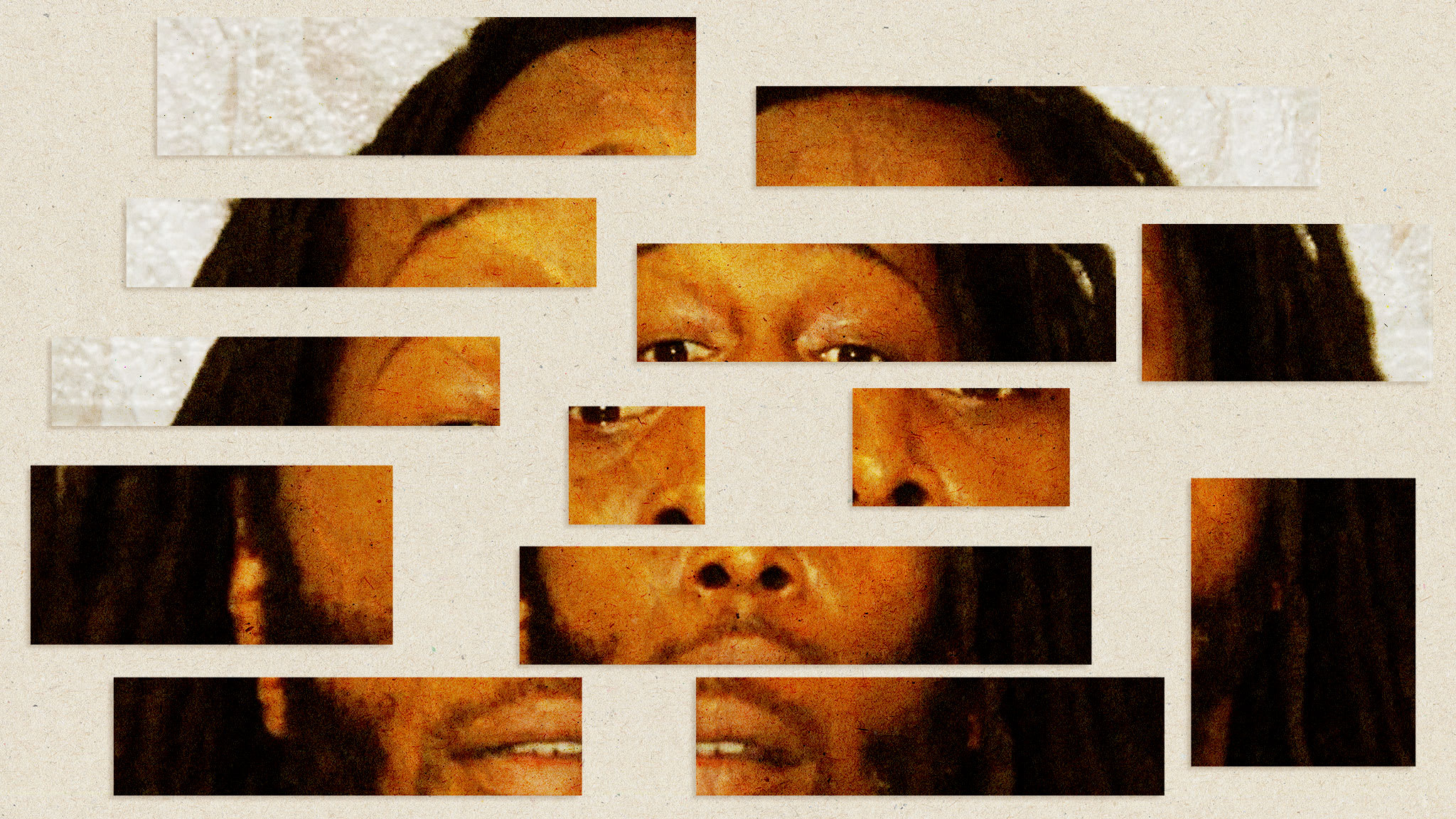Alabama carries out nation's second nitrogen gas execution
Alabama used nitrogen gas Thursday to execute a man convicted of killing three people in back-to-back workplace shootings, the second time the method that has generated debate about its humaneness has been used in the country.
Alan Eugene Miller, 59, was pronounced dead at 6:38 p.m. local time at the William C. Holman Correctional Facility in Atmore, Alabama, the state Department of Corrections said in a statment. He shook and trembled on the gurney for about two minutes with his body at times pulling against the restraints. That was followed by about six minutes of gasping breathing.
The Department of Corrections said Miller had seven visitors on Wednesday and nine on Thursday. His final meal consisted of "hamburger steak, baked potato, and French fries," the department said.
Miller was convicted of killing three men — Lee Holdbrooks, Christopher Scott Yancy and Terry Jarvis — in 1999 and the state had previously attempted to execute him by lethal injection in 2022.
The execution was the second to use the new method Alabama first employed in January, when Kenneth Smith was put to death. The method involves placing a respirator gas mask over the inmate's face to replace breathable air with pure nitrogen gas, causing death by lack of oxygen.
Alabama officials and advocates have argued over whether Smith suffered an unconstitutional level of pain during his execution after he shook in seizure-like spasms for more than two minutes while strapped to the gurney and then gasped for breath for several minutes.
Alabama Corrections Commissioner John Hamm at the time called the execution "textbook," despite it being the first of its kind.
Hamm said Smith was holding his breath, and that's why he did not lose consciousness at the beginning of the execution. Critics, however, questioned whether Smith's face mask may have been improperly fitted or dislodged, allowing small amounts of oxygen to get in and prolong the process.
Miller was one of five inmates scheduled to be put to death in the span of one week, an unusually high number that defies a yearslong trend of decline in the use of the death penalty in the U.S.
An execution in South Carolina on Friday was the first in the state in over 10 years. On Tuesday, one man was put to death in Texas and another, Marcellus Williams, was executed in Missouri. Williams' execution made national headlines as it went ahead amid questions over the fairness of his trial and over the objections of the county prosecutor and the victim's family. Another execution was carried out in Oklahoma earlier on Thursday.
A delivery truck driver, Miller was convicted of capital murder for the Aug. 5, 1999, shootings that claimed three lives and shocked the city of Pelham, a suburban city just south of Birmingham.
Police say that early that morning, Miller entered Ferguson Enterprises and fatally shot two co-workers: Holdbrooks, 32, and Yancy, 28. He then drove 5 miles away to Post Airgas, where he had previously worked, and shot Jarvis, 39. Trial testimony indicated that Miller was paranoid and believed his co-workers had been gossiping about him.
"You've been spreading rumors about me," a witness described Miller as saying before he opened fire. All three men were shot multiple times.
Miller had initially pleaded not guilty by reason of insanity but later withdrew the plea. A psychiatrist hired by the defense said that Miller was mentally ill but his condition wasn't severe enough to use as a basis for an insanity defense, according to court documents. Jurors convicted
Miller after 20 minutes of deliberation and recommended by a vote of 10-2 that he receive the death penalty.
In 2022, the state called off the previous attempt to execute Miller after being unable to connect an IV line to the 351-pound inmate. Miller had initially challenged the nitrogen gas protocol but dropped his lawsuit after reaching an undisclosed settlement with the state.




